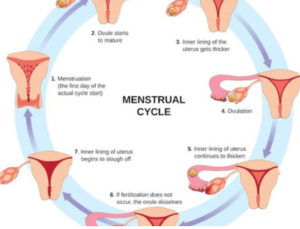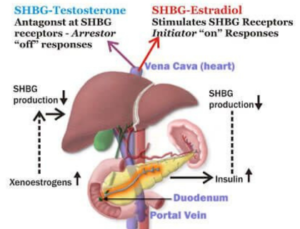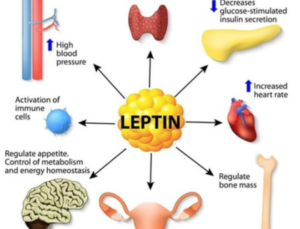ARE LEPTIN LEVEL ELEVATED IN OBESITY ?
Obesity has detrimental influences on all systems, including reproductive health.

“Explore the impact of elevated leptin levels in overweight and obese women on fertility. Understand how this hormonal imbalance from excess fatty tissue can influence reproductive health.”

Overweight and obese woman have higher levels of a hormone called leptin, which is produced in fatty tissue. This can disrupt the hormone balance and lead to reduced fertility.
The more excess weight and the more abdominal fat, the greater the risk of fertility difficulties.
Obesity affect the menstrual cycle through a range of hormonal mechanisms.

Obesity is linked to insulin resistance and decreased levels of sex hormone-binding globulin (SHBG), a protein that is involved in the regulation of the sex hormone androgen and oestrogen. This increases the risk of irregular menstrual cycles, which in turn reduces fertility.

LEPTIN
Obesity reduces the chances of release o of egg by the ovary called anovulation. According to a study women with a body mass index (BMI) above 27 are three times less likely to fall pregnant than women in the normal weight range. This is just one factor. Other factors too play their role in infertility.

Very important to know that many obese women who still ovulate, may have poor quality of the eggs they produce than the eggs of normal weight women.
If at all an obese patient overcomes the risks of infertility and conceive , the risk of miscarriage rates and pregnancy complications are much higher in these women. Such women have poor reproductive outcomes in natural as well as assisted conception.
Obesity is certainly a reversible cause of infertility. Weight loss surely has beneficial effects on the reproductive outcomes in these patients.
